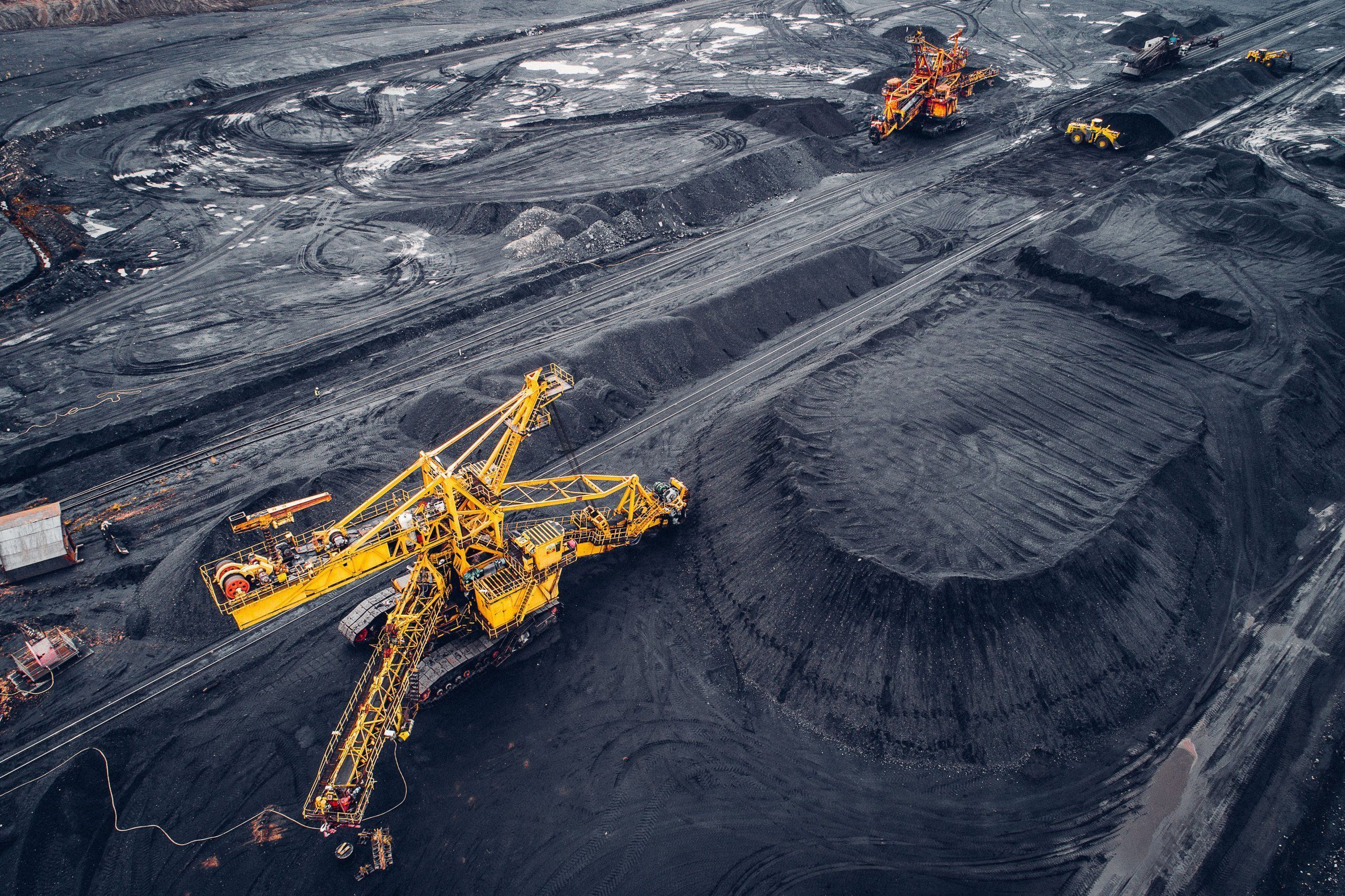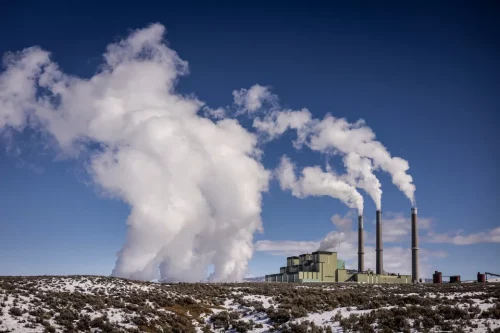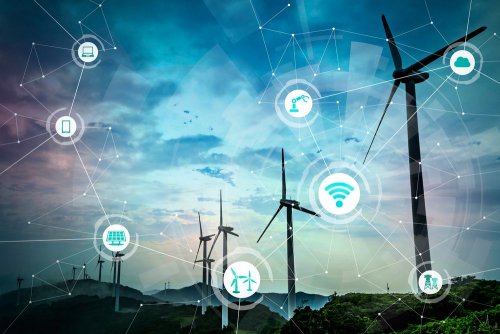Analysts of the Institute of Energy Research (IER) forecast an increase in demand for coal in the heating period of 2024-2025.
This is stated in the material of the Institute.
Experts expect that the rise in European wholesale natural gas prices over the past few months will encourage more energy companies to switch to coal for power generation this winter.
They note that coal is a key part of the energy mix in Germany, which is the largest energy consumer in Europe as well as much of Eastern Europe. The country's annual imports are expected to be 33 million metric tons, of which more than half (18 million metric tons) is for power generation. Import levels are down about 26% from 2022, when gas supplies from russia were cut off after the invasion of Ukraine. Coal imports for power generation are now down nearly 40%.

Both coal and gas power plants must factor in the cost of EU carbon permits to offset their emissions, experts say. The cost of these permits is higher for coal plants because they emit more carbon dioxide than gas plants.
However, the price of these permits is now about 32% below last year's record high of more than €100 ($108) at around €68 per metric ton, as energy-related deindustrialization has led to industrial closures across Europe. Experts say that with carbon prices below €80 per metric ton, highly efficient coal-fired power plants could replace gas plants with 50 percent efficiency.
That's why analysts predict that some European countries with the ability to generate electricity from coal may switch to coal-fired units this winter instead of natural gas, prices for which have risen from February lows.
This growth was driven by tight supplies of liquefied natural gas (LNG) in the market, as well as maintenance work in Norway and the UK. The problem has been exacerbated by Biden's announced pause in issuing permits for new construction in the United States, which creates an image of the United States as an unreliable supplier of LNG. This pause could cause proposed new facilities to lose their investors, move offshore, and/or create a shortfall in future LNG supplies to US allies.
EcoPolitic reported that according to International Energy Agency forecasts, global coal demand in 2025 will remain record high.





